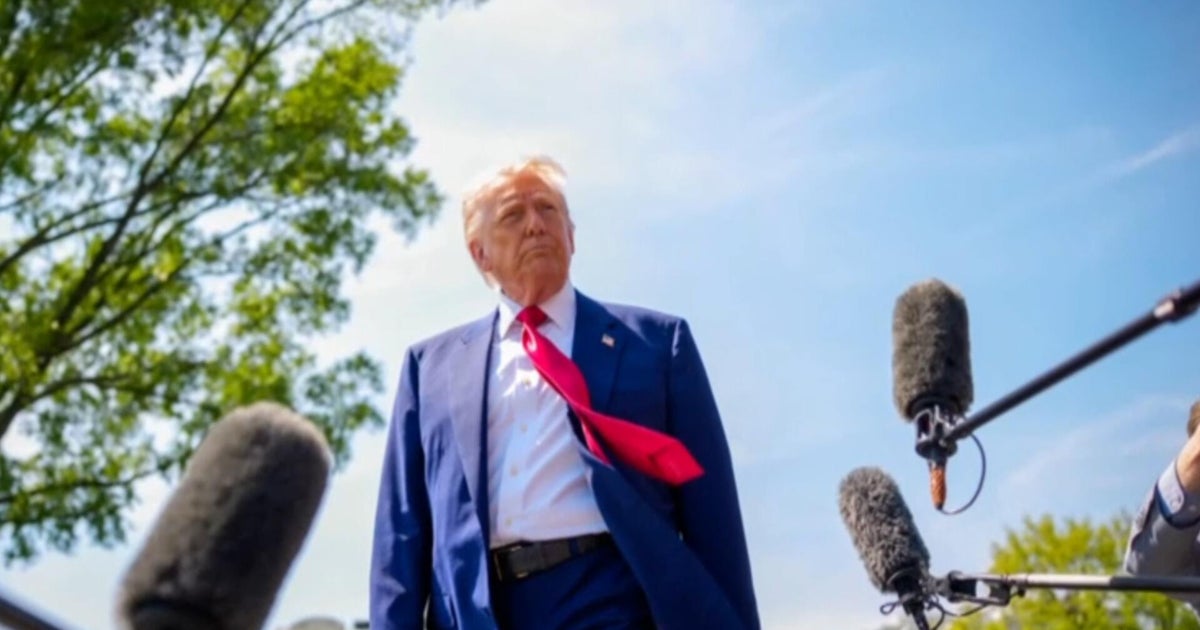The civil rights division of the Department of Justice, traditionally tasked with upholding anti-discrimination laws in key areas such as employment, housing, and education, has undergone significant changes under the administration of President Donald Trump. These alterations in the focus and operational dynamics of the division have culminated in a substantial exodus of legal talent, with more than 100 lawyers opting to resign from their positions. Marc Morial, the current president of the National Urban League, a venerable civil rights organization, has become a vocal critic of these policies and recently discussed the implications and underlying causes of this shift.
During President Trump’s tenure, the priorities of the Department of Justice’s civil rights division have seemingly pivoted away from traditional enforcement areas. Under previous administrations, the division robustly pursued cases that aimed to enforce laws protecting the rights of minorities and disadvantaged groups in sectors like employment, where discrimination based on race, gender, or other protected characteristics has been illegal for decades. Similar proactive stances were taken against discriminatory practices in housing and educational opportunities.
The redirection under the Trump administration, however, seems to reflect a broader agenda that aligns with its political and ideological orientations, which some critics argue deprioritize or even undermine the historic mission of the division. This shift in focus has not only impacted the division’s approach to longstanding civil rights issues but also influenced its internal dynamics and the morale of its staff. The departure of over 100 lawyers from the division is a testament to the growing dissatisfaction among the staff who committed their careers to civil rights enforcement.
Marc Morial, in his capacity as the president of the National Urban League, has expressed deep concern over these changes. In his view, these shifts could potentially reverse decades of progress in civil rights enforcement. Morial, with years of experience in advocacy and a deep understanding of civil rights issues, suggests that the departure of experienced lawyers from the Department of Justice’s civil rights division is alarming. It not only depletes the department of institutional knowledge and expertise but also possibly points towards a diminishing governmental commitment to civil rights.
In discussions and public commentaries, Morial has elaborated on the impacts of this ideological and practical reorientation of the civil rights division. He argues that such changes take the teeth out of enforcement, rendering the laws less effective, and potentially leaving minority populations, women, and other protected classes more vulnerable to discrimination. Furthermore, he underscores the importance of a robust and independent civil rights division that functions without undue political influence, focusing on upholding the law and expanding rights, rather than constraining them.
The implications of these internal shifts in the Department of Justice are extensive. For one, they may affect the legal precedents set in future civil rights cases, potentially influencing the judicial landscape for years to come. Additionally, such changes in priority may alter the public’s perception of the DOJ’s commitment to civil rights.
The discussions led by figures like Morial are crucial at this juncture. They serve not only to highlight the issues stemming from the current administration’s policies but also to galvanize support among civil rights groups, legal experts, and the public to advocate for a return to a more traditional enforcement of civil rights laws. The National Urban League, under Morial’s leadership, has been particularly proactive in raising awareness about these issues, engaging with policymakers, and strategizing on how best to counteract these changes at various levels of governance and within the legal community.
Moreover, these developments come at a time when the United States continues to grapple with profound questions about equality, fairness, and justice for all its citizens. Issues of systemic racism, gender discrimination, and other forms of inequality remain at the forefront of national discourse. The role of the federal government, particularly its legal arms like the Department of Justice’s civil rights division, is therefore more crucial than ever.
The debate over the future direction of the civil rights division is likely to continue as more stakeholders weigh in on the implications of its recent policy shifts. Legal scholars, former and current DOJ staff, civil rights activists, and affected communities are increasingly engaged in a dialogue about ensuring that the division can continue to fulfill its essential mission effectively.
As Marc Morial and other civil rights leaders call for a reevaluation of the strategies and priorities of the civil rights division, it becomes clear that the stakes are high. The effectiveness of civil rights enforcement, the safeguarding of hard-won legal protections, and the overall health of American democracy are closely tied to the operations of this key division.
The challenge now lies in finding pathways that will ensure the Department of Justice not only returns to its foundational mission but also adapts to the evolving needs of a diverse and changing America. Whether through legal battles, legislative reforms, or public advocacy, the work to sustain and enhance civil rights protections continues. Under the scrutiny and guidance of dedicated civil rights advocates like Marc Morial, there is hope that this critical aspect of American governance will find its way back to a robust and principled enforcement of civil rights laws.









